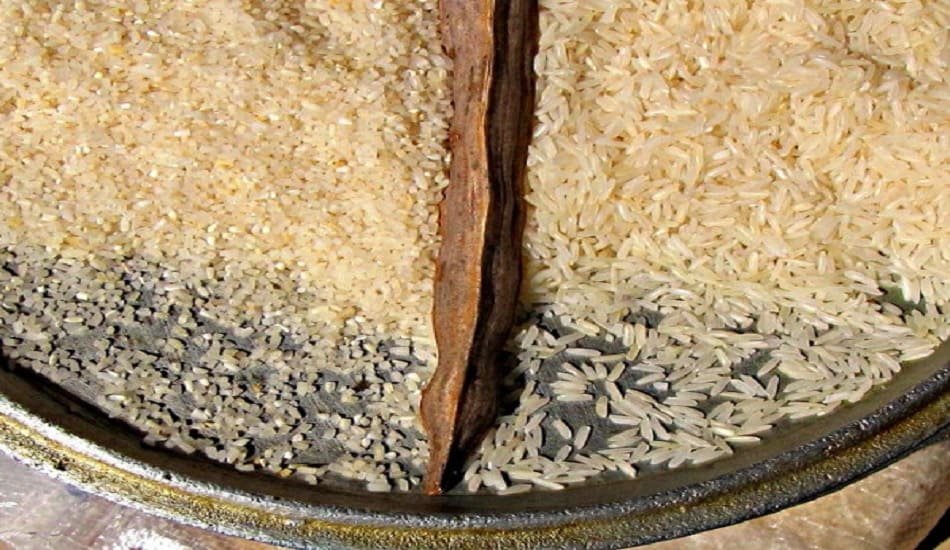India’s ban on broken rice export was criticized by US, EU & Senegal at WTO.
Members such as the United States, the European Union, and Senegal have criticized India’s recent ban on the export of broken rice and the imposition of export duties on other non-basmati rice at the World Trade Organization (WTO), raising concerns about the adverse effect on an already fragile global market, according to a Geneva-based trade official.
‘New Delhi explained that the export ban was solely on broken rice, which is used in India’s chicken feed, and that it was in response to a large surge in exports in the previous month, which had put pressure on the domestic market,’ the official added.
Also Read | India bans export of broken rice citing concerns about domestic availability.
Concerns about India’s export limits and prohibitions on rice, wheat, and wheat flour were addressed during the World Trade Organization’s Committee on Agriculture meeting on September 14 and 15.
With effect from September 9, India prohibited the export of broken rice and levied a 20% levy on the export of all rice varieties except basmati and parboiled rice.
Previously, on May 13, it prohibited the export of wheat, and on August 27, it prohibited the export of wheat flour, maida, semolina, and wholemeal aata. The limits were implemented in response to concerns about domestic shortages and price increases caused by a severe heat wave that harmed the wheat harvest.
Introducing uncertainties
The Indian delegate claimed that members’ positions on India’s food export were contradictory, pointing out that one minute they were concerned about India exporting too much while the next they were outraged about export prohibitions.
Washington claimed that India’s repeated changes in export policy simply created uncertainty, while the EU stated that while India was free to impose export restrictions, it was also required to notify.
‘Senegal, a key importer of India’s broken rice and other rice products, said it was severely impacted by India’s export prohibition and asked the government to maintain trade open to ensure food sufficiency,’ an official said.
Also Read | India will express its displeasure to France, EU over GM broken rice.
India emphasized that its export limitations were forced by food security concerns. It went on to say that the government will consider other nations’ requests for exclusions because India is committed to supporting the requirements of neighboring and vulnerable countries impacted by rapid changes in the global wheat market.
While New Delhi stated that the curbs were temporary and under constant monitoring, the official stated that there was no statement of how long the ban would be in effect.


















Add Comment